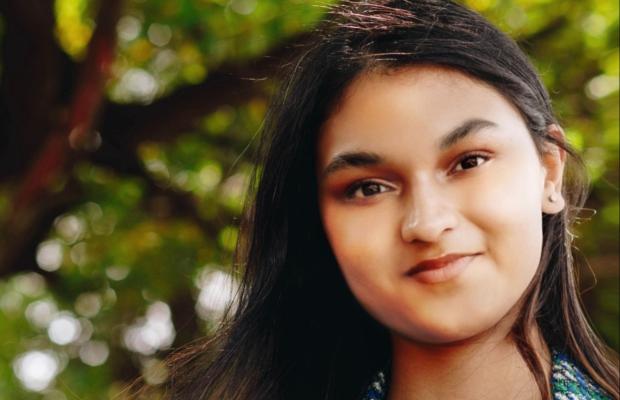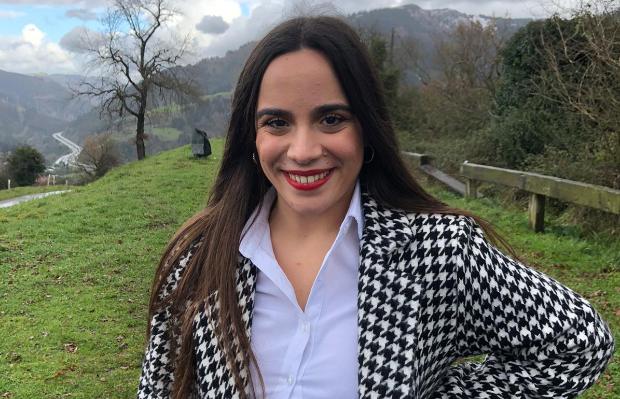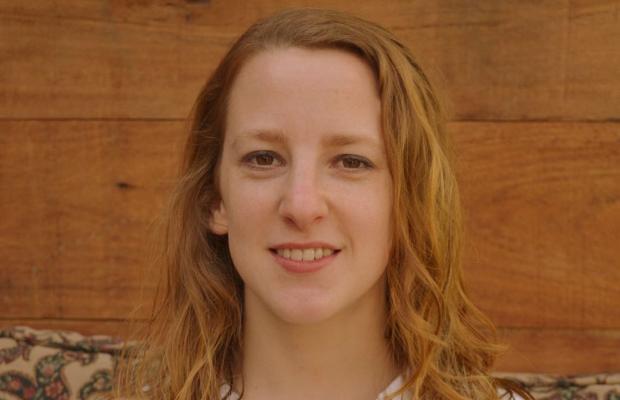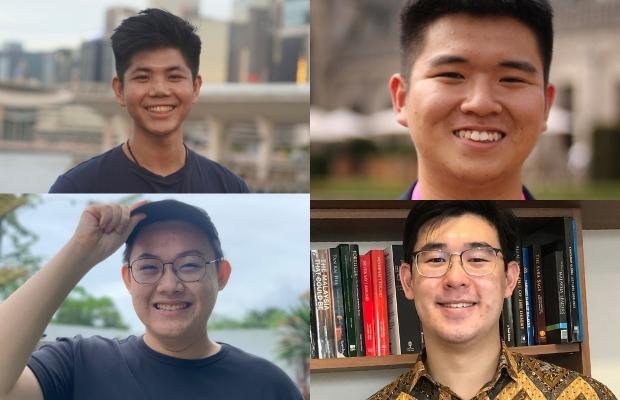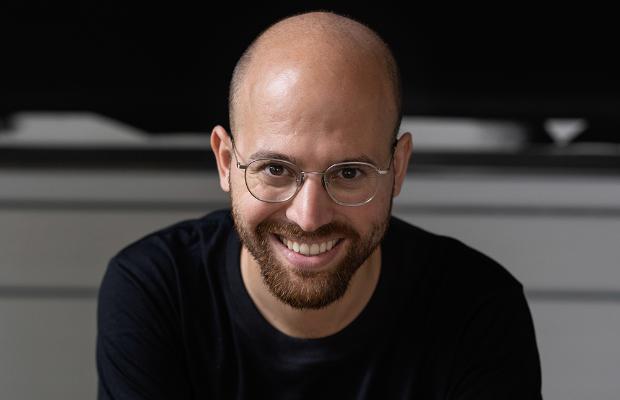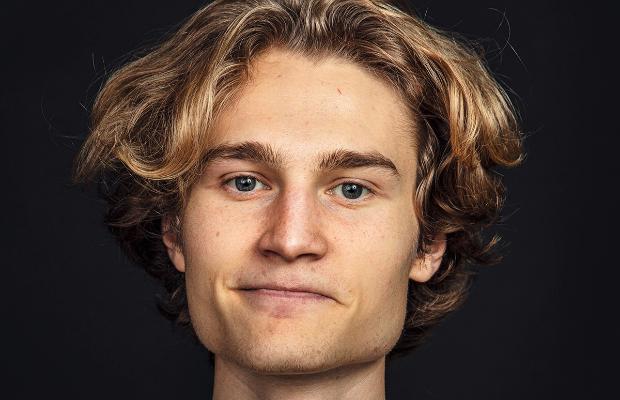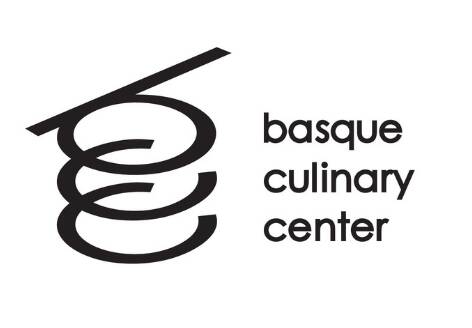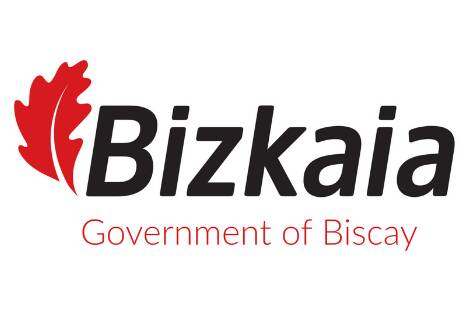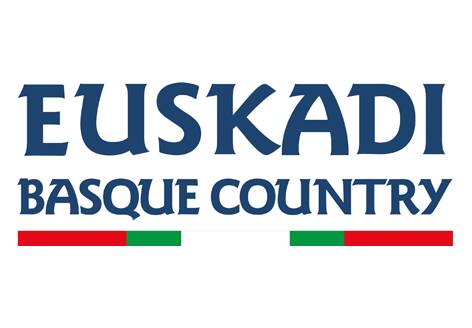21 / Stanford, USA
From Johannesburg, South Africa
The South African scientist using ecological chemistry to combat drought
To the greatest minds in science, it often takes the tiniest germ of an idea to bring about enlightenment. Just so for Kiara Nirghin, who experienced her own 'eureka' moment while watching her sister change her baby’s diaper. Enraptured by the unfathomable absorbency of the polymers employed to soak up liquid, she immediately envisioned a use for it in her drought-stricken country of South Africa.
After extensive research into superabsorbent polymers (SAPs) from her department at Stanford University, she became fixated on finding a method to employ their use in arid land. By applying SAPs to soil before rainfall, she believed they could create a reservoir of water for periods of drought, releasing their payload when plants need them most.
Factfinding revealed that the reason they had not been incorporated in the past was the fact SAPs were non-biodegradable. This posed a problem to be solved that appealed to Kiara’s scientific intelligence. Within a year, she discovered that orange peel had similar properties to SAPs and, with the addition of an oil obtainable from avocado skins, she could bind a polymer chain that was both biodegradable and manufacturable from waste products.
In 2021, in partnership with an international agricultural firm, Kiara intends to bring her product to market. It is set to revolutionise water conservation and will sustain crops through periods of drought and in turn increase food security across the globe. With her biodegradable SAP, she is solving a problem that has blighted the world for centuries. “I like to think of the issues of the world as problems that have not yet been partnered with a solution,” she explains.
“My love for food and gastronomy is what got me started using orange peels and understanding the science behind them. If you start a project like this it should be around something you are really interested in. Use that interest to solve problems that your community is experiencing.” – Kiara Nirghin
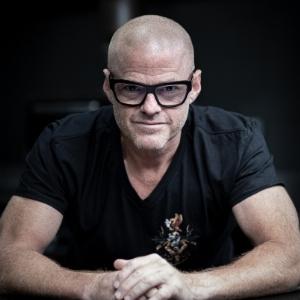
- "There is simply no excusable reason why everyone in the world doesn’t have access to food and drinkable water. The one source that is still open to most is the sky, and Kiara’s work in trying to create a way to hold onto this water for longer so that it may be used to create sustainable food and other things is just brilliant. The fact that the science is possible through using food waste in orange skins and avocados doesn’t surprise me as I have spent my 25-year career looking deeply into the invisible universe of our food stuffs and have found one or two incredible things myself. But to find them takes hard work, imagination and a creative approach, so to find a potentially gamechanging ability in her kitchen, for me, makes Kiara a hero already."
- Heston Blumenthal
- The Fat Duck
